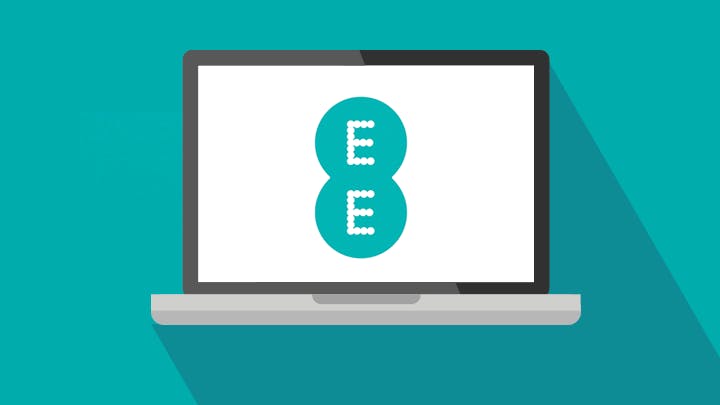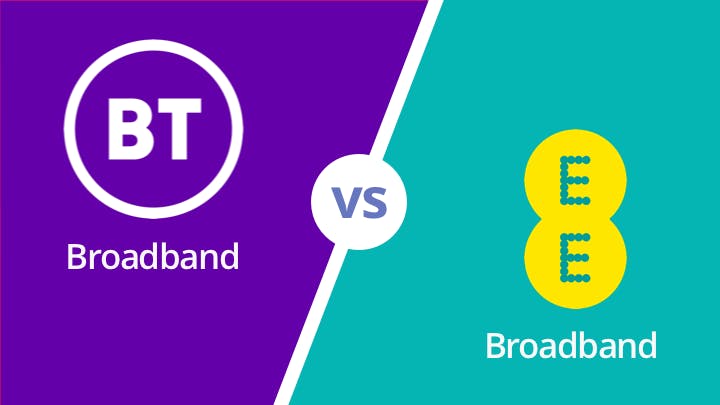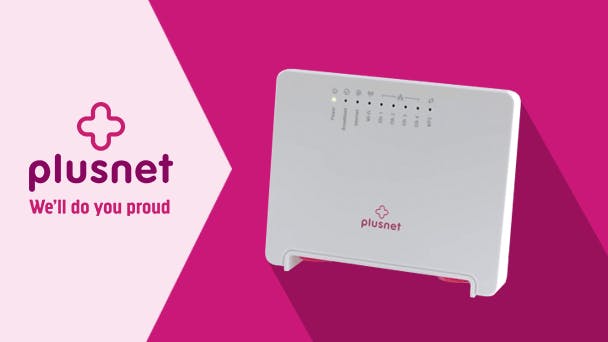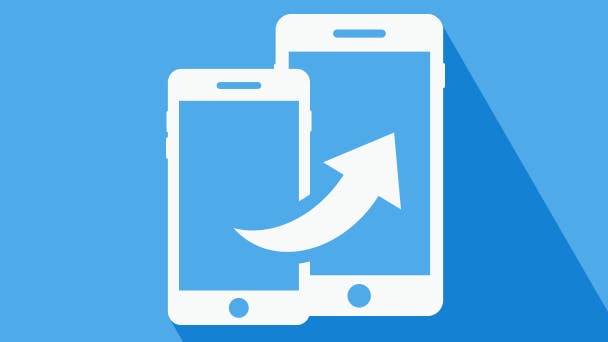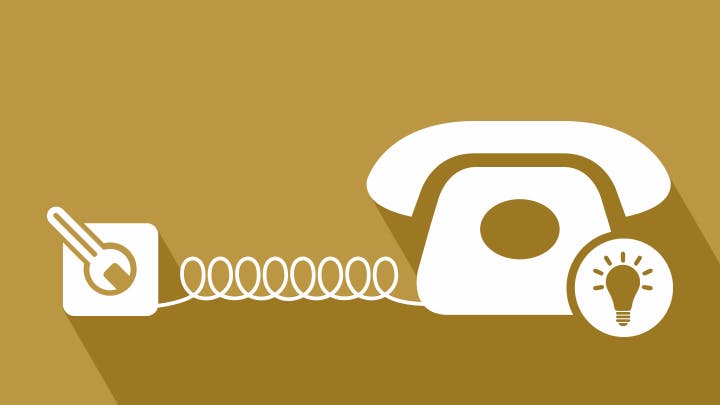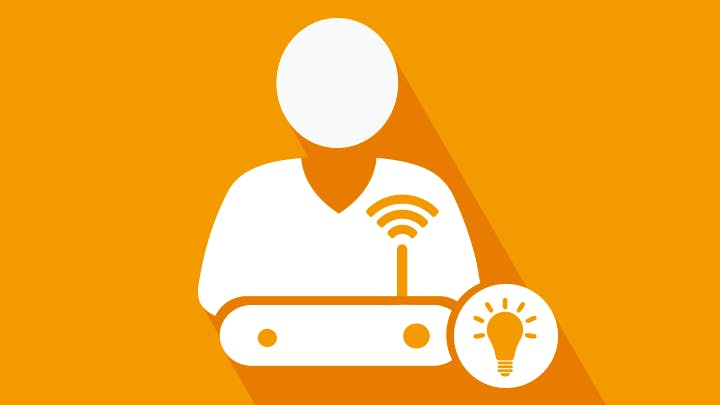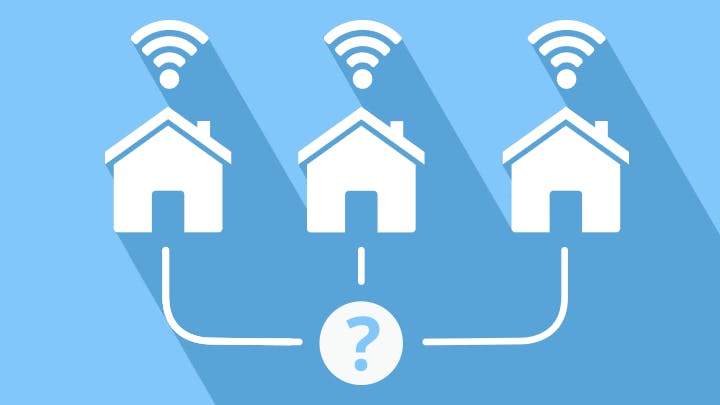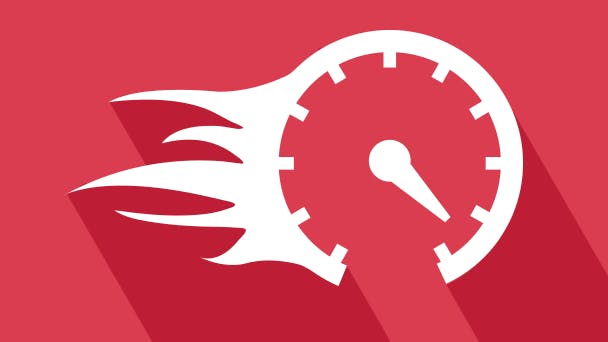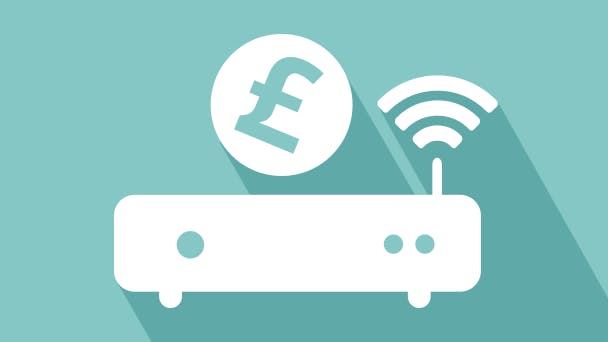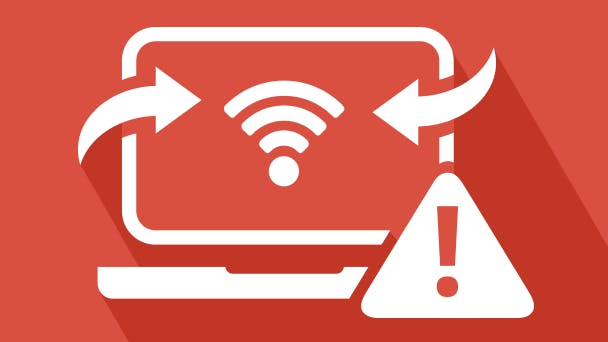
Switching broadband is a wonderfully easy process - but every now and then, something or other goes awry. Luckily, most switching problems are simple enough to resolve.
Whether you're currently facing an issue, or just having a bit of a panic about your switch, here are some solutions to the most common issues. Brew yourself a nice calming cup of tea and keep reading.
Cancellation fees
One of the first hurdles you might encounter when you decide to switch is the dreaded cancellation fee. Still in contract with your current provider? Then brace yourself for the early termination fee. This is typically the sum of what's left on your monthly bills. For example, if you're paying £20 per month and have three months to go, you're looking at a £60 exit fee.
You might also have to return their equipment (such as the router, or TV set-top box), in which case you'll be charged if you don't. Other than that, however, there are no other fees or penalties to pay your old provider when you cancel or switch.
The solution:
Some exceptions apply, such as if the provider raises its prices unexpectedly – but most of the time you'll either have to wait until your contract's finished or pay the fee.
A few providers actually have schemes to help you out with cancellation fees – for instance, they might give you some credit to offset those charges. Look out for plans like those if you're keen on an early departure.
A new line needs to be installed
Don't worry if your property doesn't have a phone line, needs a fibre line installed, or needs a Virgin Media cable connected – getting this sorted is quicker and less painful than you think. And if you're signing up to a broadband or phone package, you can often get it done for free.

An engineer must come and install your line. They'll discuss the best location for the cable with you, and it won't take more than an hour or so at most. They may need to do a bit of drilling in your home but that's about it.
Work might be a bit more intensive if you need a brand new line installed, however – your provider will let you know in that case.
Read all about broadband line installation here.
Bear in mind that someone will need to be at home for the engineer visit.
Moving house
Most providers will happily move your service to your new abode. If you're not under contract, it's also a prime time to shop around for a better deal. Plus, you can usually keep your old phone number, which is one less thing to worry about.
See our guide to broadband and moving house for all you need to know.
The provider I want isn't available in my area
It's a disappointing truth that not all services are available everywhere. If you've set your heart on a specific provider, like Virgin Media, you might find they don't serve your area.
The Solution:
We're afraid you probably can't force Virgin Media to extend its lines to your home, even if you really want its lightning-fast 1.3Gbps broadband package.
However, all is not lost. Use our broadband comparison tool to explore available options in your area. Chances are, there's an alternative that'll tick your boxes.
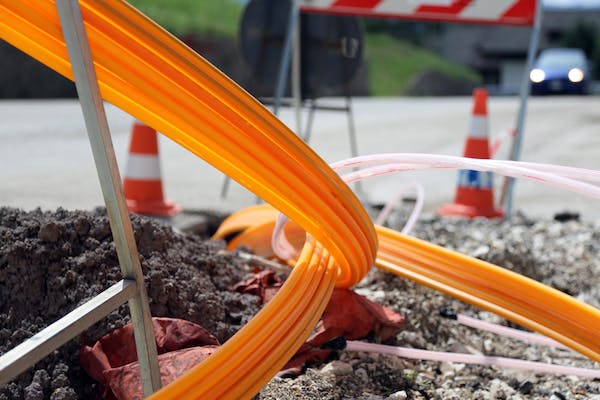
Switching will leave me without internet for a while
The thought of being without internet even for a short time can be unsettling. Luckily, if you're switching between two Openreach providers – such as BT, EE, NOW TV, Plusnet, Sky, TalkTalk, or Vodafone – you'll likely experience only a brief interruption.
If you're moving to or from a different network, like Virgin Media, you might be looking at a couple of hours of downtime.
The solution:
Can't afford to be offline? No problem. Mobile broadband is a great stopgap during the switch. It's simple to set up a dongle with a temporary data package. Alternatively, if your mobile plan allows it, tether from your smartphone to keep you connected through the transition.
I've switched, but my new broadband is rubbish
So, you've made the switch, but your new connection is letting you down. It's common for broadband services to take a week or so to stabilise, but if the issues persist, it's time to take action.
The solution:
Do a little troubleshooting first.
- Contact your provider to find out if there are any problems on their end
- Switch your router off and on again
- Connect to your router with an ethernet cable or another device to see if there's any difference
- Follow our tips to speed up your broadband
Still nothing? No luck working with your provider to find a solution? You're most likely within your rights to cancel without penalty. See our guide to your broadband consumer rights for more info, and take a look at Ofcom's advice.
Heads up - if you're within the first 14 days of your contract, you're in the 'cooling off' period and can cancel whenever you want.
My old provider is still charging me
You've said your goodbyes, but your old provider hasn't stopped billing you. It's standard to be charged up until the end of the month following cancellation. However, if charges continue beyond that, it's time to investigate.

The solution:
You should have received an email from your old provider when you cancelled or switched, full of all the info you need including when your last bill will be. Check that it matches up to your bank statements - and if not, give the provider a ring to find out what's going on. If you have indeed been overcharged, you're entitled to a refund on whatever you overspent.
If a quick call to customer service doesn't resolve it, you'll have to go through the provider's official complaints procedure.
My new provider raised my bill shortly after I switched
That's awfully sneaky, but it can happen.If your bill's about to go up - that is, higher than inflation, and not just because a reduced sales price is ending - your provider will inform you in writing, usually by post or email. Once you've received that, you can cancel your package without penalty within 30 days of receiving it.
